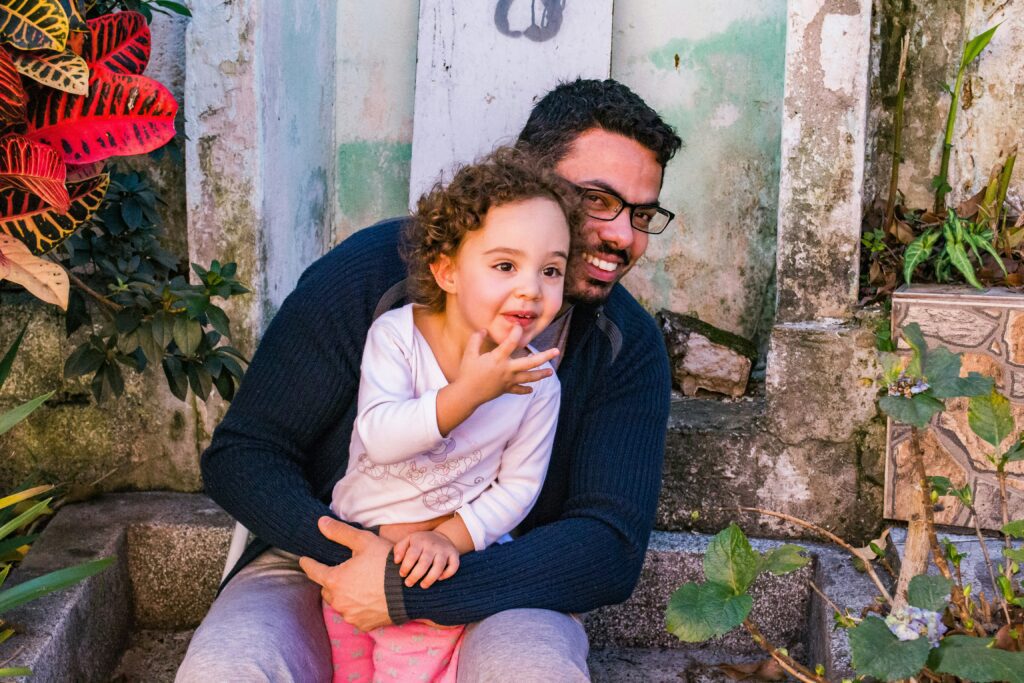Sole versus Joint Legal Decision-Making in Arizona
In the state of Arizona, legal decision-making (LDM), often referred to as child custody, is determined according to the best interests of the child. As outlined in A.R.S. 25-403, in determining a child’s best interests, the court will consider factors such as the child’s age, current relationships, and their adjustment to their current environment, as well as whether or not a parent has committed domestic violence, complied with court orders, and their mental health, among others.
Legal decision-making is the legal right and responsibility to make non-emergency decisions for a child regarding issues including:
- Education.
- Medical and health care.
- Religion.
- Personal care.
- Extra-curricular activities.
Courts are able to award legal decision-making rights to both parents together, as joint legal decision-making, or to one parent specifically, as sole legal decision-making, pursuant to A.R.S. 25-403.01. In order to determine the type of legal decision-making to award, in addition to the same factors evaluated to determine the best interests of the child, as listed above, the court will also consider:
- The agreement or lack of an agreement by the parents regarding joint legal decision-making.
- Whether a parent’s lack of an agreement is unreasonable or is influenced by an issue not related to the child’s best interests.
- The past, present and future abilities of the parents to cooperate in decision-making about the child to the extent required by the order of joint legal decision-making.
- Whether the joint legal decision-making arrangement is logistically possible.
It is important to note that legal decision-making is not the same as parenting time. Parenting time involves the amount of time that each parent is allowed to spend with their child. Even when one parent is awarded sole legal decision-making, both parents typically are awarded parenting time.
A parent who is not granted sole or joint legal decision-making is entitled to reasonable parenting time to ensure that the minor child has substantial, frequent, meaningful, and continuing contact with the parent unless the court finds, after a hearing, that parenting time would endanger the child’s physical, mental, moral or emotional health.
A parent who is awarded sole legal decision-making is not able to alter a court-ordered parenting time plan. Only by mutual agreement of both parties, or by a Court Order, can a parent’s parenting time be modified.
Sole Legal Decision-Making
When one parent is awarded sole legal decision-making, they are given the legal right and responsibility to make major decisions for a child. However, even a parent with sole legal decision-making is not able to change parenting time or move the child out-of-state, and they should still confer with the other parent before making major decisions.
Joint Legal Decision-Making
When joint legal decision-making is awarded, parents share in making major decisions for a child. This means each parent must consent to any decision the other parent wishes to make. While such arrangements allow both parents to remain actively involved in a child’s life, they also require large amount of cooperation and communication between each. The court may need to get involved in matters which remain contested in order to issue a ruling based on the child’s best interests.
Joint Legal Decision-Making with Final Say
When one parent in a joint legal decision-making arrangement is awarded final say, they are allowed to make a final decision on any issue that goes unresolved or contested regarding the child. In these arrangements, each parent is given joint authority to make major decisions. Final say will only be used when the parents are otherwise unable to come to terms on a specific matter.
Rideout Law Group handles cases throughout the entire state of Arizona, with offices located in Scottsdale and Lake Havasu City. Our attorneys are experienced in handling legal decision-making cases. For a free consultation, call 480-584-3328.
